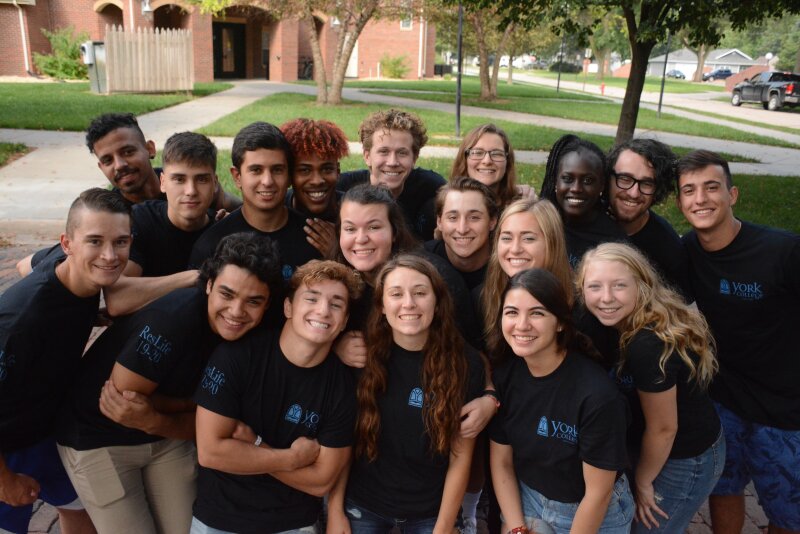As Barron Trump steps into adulthood amid a whirlwind of political drama and media scrutiny, his mother, Melania Trump, is reportedly consumed by anxiety over the intense hate that now surrounds her son. With his recent foray into college life at New York University and rumors of a budding romance, the youngest Trump child finds himself navigating not just the usual challenges of a freshman but also the toxic environment fueled by public sentiment towards his family.
Melania"s Protective Instincts Intensify
Sources close to Melania reveal her deep concern for Barron, who is largely innocent of his family"s controversial legacy. “Melania worries about the hate in the country and how it falls on her son, who is innocent of any of this,” an insider shared with People. The protective mother has taken on the role of a sounding board for Barron, striving to normalize his experiences in the spotlight, a task that feels increasingly Sisyphean in today"s polarized climate.
College Life Under a Microscope
Barron"s adjustment to college has not been without its difficulties. Earlier reports indicated that he felt like an “oddity” on campus, struggling to fit in as a member of a family that has been both revered and reviled. “I just feel bad that he"s having this hard college experience, and I understand that he wants to be left alone,” commented Kaya Walker, an undergraduate student in International Relations and French.
Yet, as Barron grapples with the complexities of his identity, his mother is doing everything she can to instill resilience. According to another source, Melania emphasizes the importance of making friends and maintaining mental well-being. “She wants to encourage him to make friends, be super careful of the haters which can be anywhere—especially on college campuses these days,” they noted.

A Most Sensitive Subject in the White House: Where Is Melania ...
Romance and Security Challenges
With the rumor mill buzzing about Barron’s new girlfriend, the potential for public scrutiny intensifies. The presence of Secret Service agents around him facilitates a level of privacy that most college students can only dream of. “He can have a girlfriend as the Secret Service guys are well-versed on how to handle this,” a political source explained to People, suggesting that his romantic life may be less affected by the protective detail than one might assume.
Media Attention and its Ramifications
The media"s obsession with the Trump family, particularly with Barron, raises larger questions about the implications of celebrity culture on young adults. As the son of a former and current president, Barron is thrust into a world where personal choices are often public fodder. The pressure to conform to or rebel against his family’s legacy can lead to psychological stress, making Melania"s role as a supportive mother all the more critical.
Moreover, this dynamic presents broader societal challenges. The normalization of hate fueled by divisive politics not only impacts Barron but also serves as a reflection of how we treat public figures’ families. As the country grapples with rising hate speech and political polarization, the psychological toll on the next generation—especially those ensnared in the political spotlight—demands urgent attention.

York University Campus - US News Best Colleges
The Duality of Barron"s Existence
While Barron seeks to carve out his own identity, the juxtaposition of his privilege against the backdrop of societal turmoil complicates his journey. His experiences highlight the broader narrative of young people today, who often navigate a world where personal and political identities are deeply intertwined. As reported by BBC, the impact of celebrity culture on children is profound, emphasizing the need for a supportive environment that fosters mental health and open communication.
In the end, Melania’s efforts to shield Barron from the harsh realities of their world are commendable but filled with challenges that go beyond mere parental concern. The societal implications of his public existence pose a question we must all grapple with: How do we support the next generation in a landscape rife with division and animosity?







![[Video] Gunfire between Iraqi security forces and Sadr militias in Baghdad](/_next/image?url=%2Fapi%2Fimage%2Fthumbnails%2Fthumbnail-1768343508874-4redb-thumbnail.jpg&w=3840&q=75)
